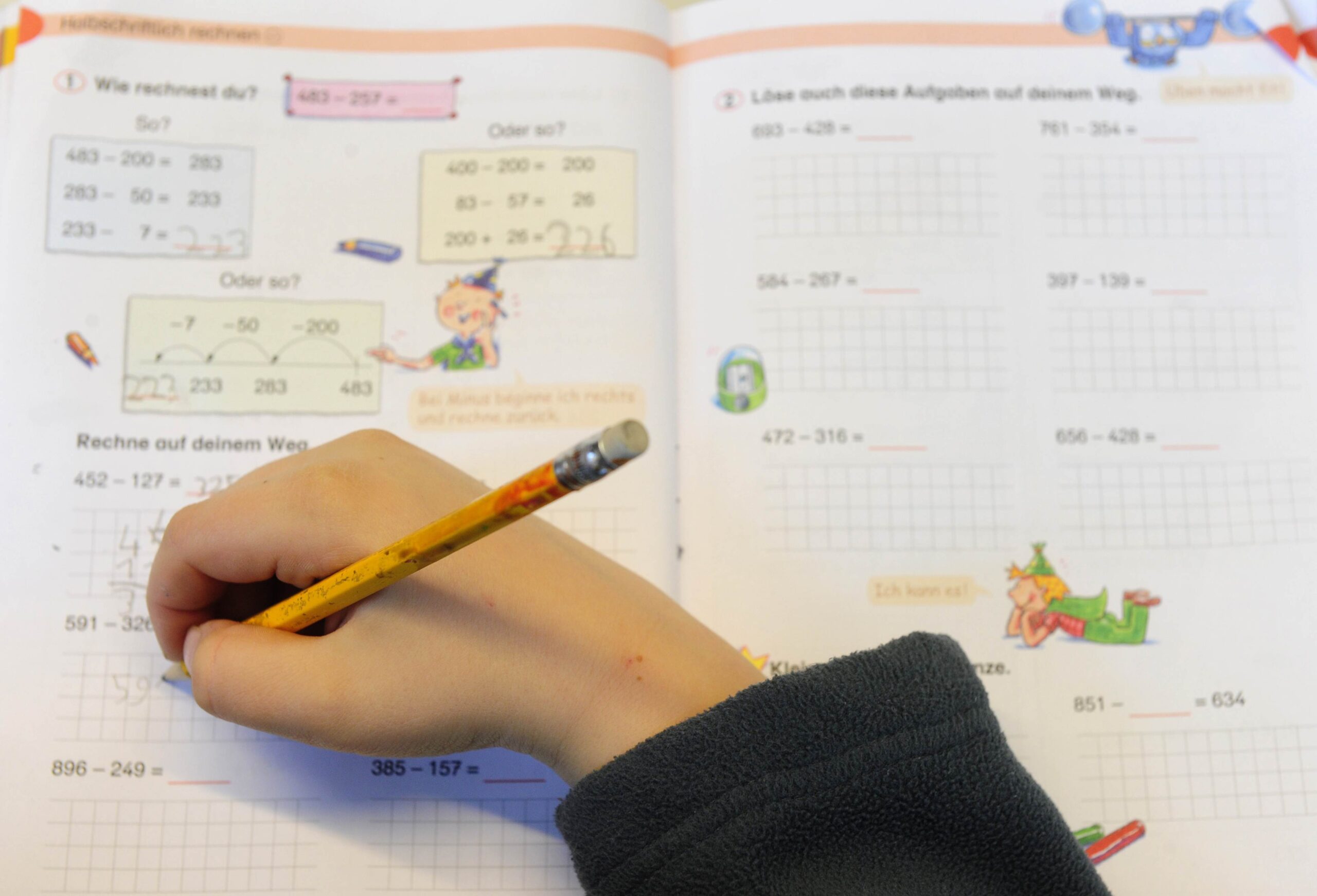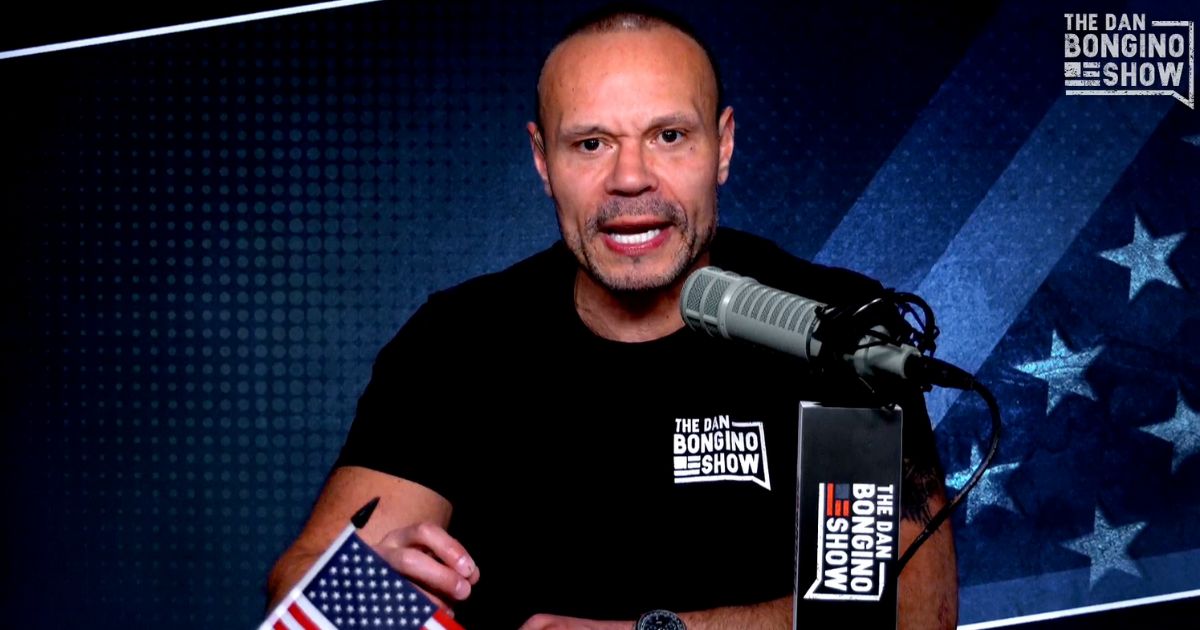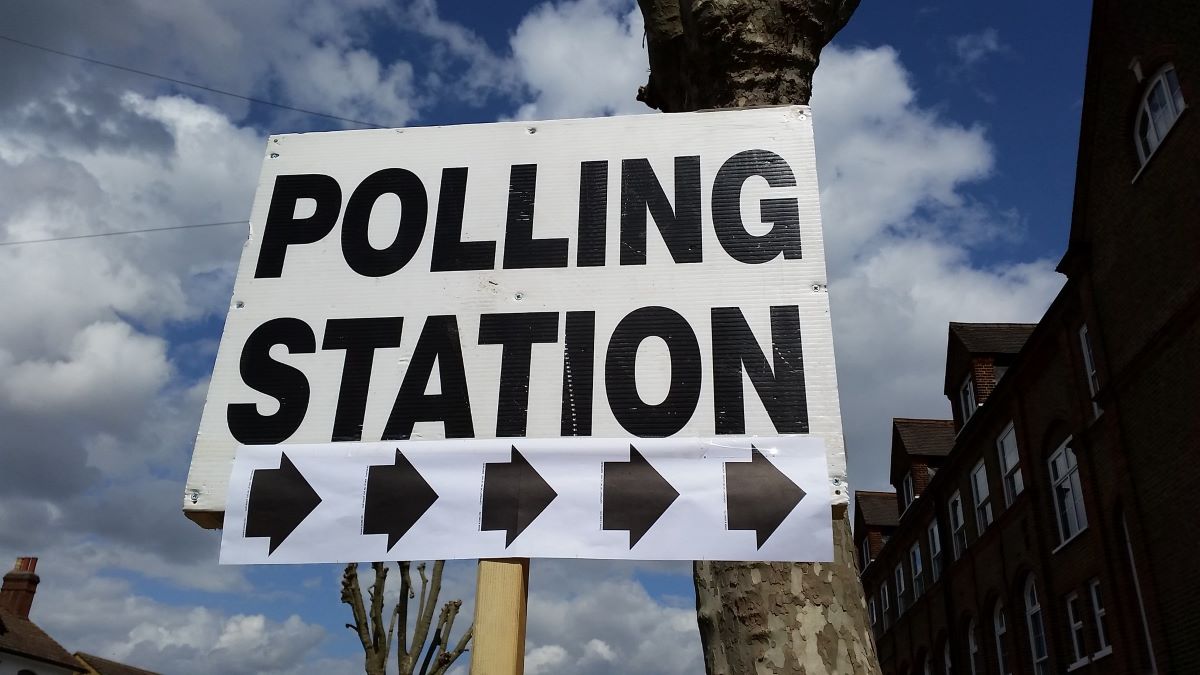Ukraine: Peace may still be a ways off
As Russia’s war in Ukraine passed its 10-month mark on Dec. 24, the toll of the protracted conflict has been immense. The war has brought forth hundreds of thousands Many casualties are Ukrainian civiliansWhile causing millions of people to flee their homes, the conflict also caused widespread chaos in other parts of the world. The conflict has rippled out globally, affecting everything from energy to food supplies, whether in the form of rampant inflation or shortages to the world’s most vulnerable states.
However, it is clear that the war will not end soon. There are mixed signals regarding the outlook for the conflict over the next year. One, Russian President Vladimir Putin has not shown any willingness to compromise his war goals. stating This month, it was reported that the conflict could become a “long-term process.” There are also rumors of a new Russian offensive—potentially with the participation of Belarus—in the coming year, possibly as soon as January.
However, recent developments like the high-profile prisoner swap with Russia and the United States as well as the extension to the Black Sea Grain Initiative show that diplomacy can still achieve tangible results. Meanwhile, Ukraine has increased its diplomatic engagements in the United States, France and Turkey via high-profile visits and calls.
As Russia’s war in Ukraine passed its 10-month mark on Dec. 24, the toll of the protracted conflict has been immense. The war has brought forth hundreds of thousands Many casualties are Ukrainian civiliansWhile causing millions of people to flee their homes, the conflict also caused widespread chaos in other parts of the world. The conflict has rippled out globally, affecting everything from energy to food supplies, whether in the form of rampant inflation or shortages to the world’s most vulnerable states.
However, it is clear that the war will not end soon. There are mixed signals regarding the outlook for the conflict over the next year. On the one side, Russian President Vladimir Putin is refusing to relinquish his war goals. stating This month, it was reported that the conflict could become a “long-term process.” There are also whispers of a new Russian offensive—potentially with the participation of Belarus—in the coming year, possibly as soon as January.
Recent developments, such as the swap of high-profile prisoners between Russia and the United States and the extension the Black Sea Grain Initiative, demonstrate that diplomacy still has the potential to produce tangible results. Ukraine, on the other hand, has intensified its diplomatic engagements, with the United States and France through high-profile visits.
These seemingly contradictory signals can suggest a wider outlook on the war in 2023. Although it is difficult to predict the exact outcome of the war in the coming year, there are three main factors that will likely be most influential.
First and foremost is Ukraine’s striking success on the battlefield. Ukraine has defied the expectations of many in its ability to withstand Russia’s full-fledged invasion that Moscow launched at the beginning of the year. The Russians did not swiftly fall on Kyiv, nor did the government of President Volodymyr Zielsky. In fact, the Ukrainian forces have launched their own insurgency in recent months. counteroffensives and regained substantial territory in key areas such as Kharkiv or Kherson. The Ukrainian government, its military and the public have all contributed to this success, from continued West support to Russian operational errors and political miscalculations to their determination and dedication.
Ukraine’s fierce resistance has forced Moscow to shift its initial strategy in a number of different ways. Russian forces pulled out of the northern front, and focused on the southern and eastern Ukraine to bridge their existing positions in Crimea or Donbas. Moscow pursued partial military intervention. mobilization (something that the Kremlin had done before). said It decided not to do so and announced the annexed of the four Ukrainian regions Donetsk (Luhansk), Zaporizhzhia and Kherson in order to consolidate its position. However, these steps have not allowed Russian forces in the country to establish a solid foothold. Ukraine gained territory in these regions after these moves.
These setbacks and complications have caused Russia to increasingly target Ukraine’s energy and other civilian infrastructure Moscow is trying to inflict maximum economic harm on Ukraine as winter approaches. The Ukrainian conflict has thus become more concentrated when it comes to ground warfare, while Russia’s air and drone campaign against Ukraine has broadened in scope, targeting energy infrastructure and leaving millions of homes without power.
Looking ahead, Ukraine is well positioned militarily to regain more territory in the south and east in the coming year, with the country proving an ability to use its own drones to hit at Russia’s military supply lines, including in Crimea and inside of Russia in cities like Kursk. However, the extent of the territory that Ukraine will be able to regain will depend partly on the West’s continued support in terms of military assistance, as well as financial aid to help the country protect and rebuild its critical infrastructure. Yet with Ukraine’s international backers pledging Over $1 billion in emergency relief for winter, plus the U.S. decision not to supply Patriot missiles and approval of $45 billion aid package following Zelensky’s visit to Washington, this backing is likely to increase in the coming year.
The second critical factor in 2023 is Russia’s own level of international backing—or, if not backing, at least engagement. Although the United States of America and NATO countries have demonstrated their continued willingness to support Ukraine, and to isolate Russia, it has not been equaled by any other country. China, India and Turkey are refusing to sanction Russia. These countries, along with many others, are not part of the non-Western world. increasing Since the beginning of the conflict, their energy and economic ties with Moscow have been strong. These relationships have allowed Russia to withstand the West’s sanctions and avoid economic collapse. This has allowed it to keep its military funding and continue its war effort despite setbacks.
However, Moscow cannot take these relationships for granted, and the continued economic and political ties between Russia and the likes of China and India do not equate to full-fledged support of Russia’s invasion. Although China’s state media is pro-Russian in their opinion, India has been neutral and has not taken sides. TurkeyThe meanwhile, the embassy has been vocal in its opposition to the war. Yet these states have a pragmatic interest in maintaining their imports of Russian energy and, especially in China’s case, in challenging the U.S. and Western-led order in a broader sense. If Moscow seriously escalated the conflict in the coming year—such as by following through on the hints and threats that it might use chemical or nuclear weapons—these countries would likely reconsider their level of economic and political cooperation with Russia. Russian economic lifelines are also limiting factors for what could be catastrophic escalations.
Finally, there’s the domestic political situation in each country. Putin has shown his resilience to opposition to the war at home, even though he was under enormous pressure from a highly unpopular conscription process crackdowns And restrictive legislationAll the while maintaining control over the Russian Security Council as well as other key decision-makers. Zelensky also proved that he is capable of not only staying in power, but also securing a strong government. mandate.
However, if neither side can achieve total military victory (which seems unlikely at this point), then the economic, political, and social toll of the conflict will likely grow over time, making a diplomatic route more attractive. The Kremlin is still putting its best efforts into war and the Ukrainian public would like to see the conflict resolved on the battlefield. opinion poll According to the Rating Group, 85 percent of Ukrainians favor continuing war until all territories have been retaken. This includes Crimea and Donbas which it lost in 2014.
It looks like the Ukrainian conflict will continue to be a difficult year, with many unexpected twists. All wars must end eventually, whether it is through a decisive military win or a diplomatic solution among exhausted parties. However, 2023 will not see exhaustion or victory due to the survival of Putinism and the resistance of the Ukrainian people.
" Conservative News Daily does not always share or support the views and opinions expressed here; they are just those of the writer."






